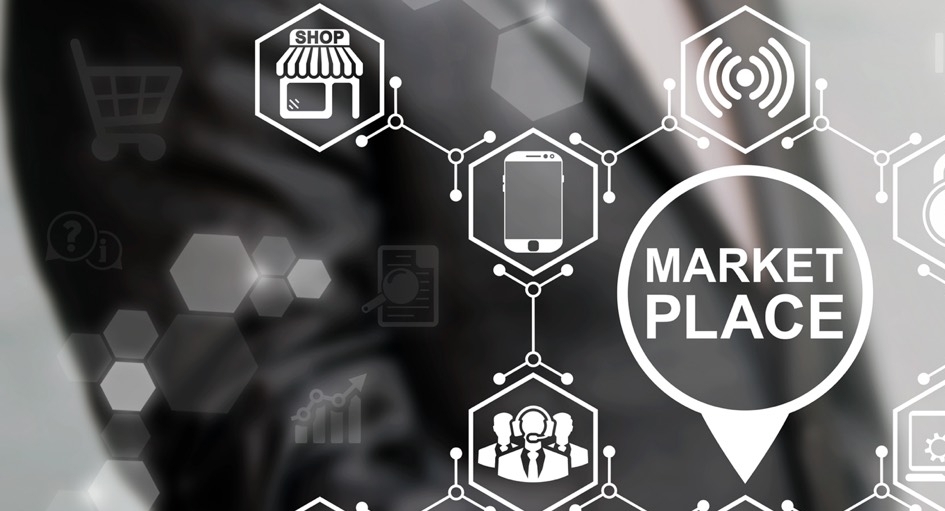2021 has been a turning point year for many wholesale distributors, as customer demand for streamlined digital commerce reaches new heights amidst the landscape changes driven by Covid-19 business and supply chain disruptions. As the wholesale distribution model experiences a transformational shift, distributors looking to remain ahead of the pack will need to take some essential steps now to future-proof their businesses moving forward, including rethinking their value chain, investing in B2B marketplace capabilities, and doing everything in their power to speed the digital evolution of their business processes.
What’s changing?
Wholesale distributors serve an essential role in our economy and supply chain, facilitating the exchange of goods between manufacturers and customers around the globe. Over the last year, the supply chain has seen unprecedented demand in certain areas while dealing with massive interruptions in others. At the same time, changing consumer demands and the B2B e-commerce boom have led to an explosion of competitive digital sales channels for buyers, causing what’s been termed a “disintermediation” of distributors. In plain language: distributors are increasingly being cut out of the supply chain.
Putting the Customer at the Center
A recent
McKinsey survey revealed customer experience is a top-of-mind concern among B2B buyers and a chief differentiator when it comes to loyalty. In that poll, B2B buyers listed their three most common pet peeves as a cumbersome ordering process, difficulty finding the right product, and technical glitches associated with placing orders online. Successful distributors will need to be thinking about addressing these priority issues as a way of
adding value for their B2B buyers. That can mean everything from streamlining and tailoring the purchase process for B2B transactions, to implementing one-click reordering, to rethinking how they approach fulfillment with innovations in their shipping and logistics offerings.
Investing in B2B Marketplace Platform Capabilities
For wholesale distributors looking to expand and diversify their channel strategy, SaaS B2B marketplaces can be a low-cost, quick-to-implement growth opportunity. These
marketplaces can bring the experience of the tradeshow or wholesale showroom online, which is especially crucial in the wake of Covid-19 closures. Dedicated B2B marketplace platforms that are maintained by the wholesaler (versus marketplace giants like Amazon) offer the added benefit of total ownership, meaning wholesalers can easily bring their suppliers and inventory online, making products more discoverable and giving buyers more choice while also automating and integrating their order management and critical business systems — aligning their entire sales ecosystem under a single platform.
Today, innovations in digital technology and analytics are making it possible to engage customers at different points in the value chain, allowing distributors to move beyond their established approaches to inventory, logistics, shipping and pricing to find new ways to enable and scale their businesses. For many wholesale distributors this will mean shifting their organizational mindset around digitalization, which should no longer be regarded as a tool but as the way forward. Failing to engage with emerging digitalization opportunities will mean missing out on new engagement opportunities, customer loyalty and revenues.
At Aleran, we’ve created a wholesale marketplace builder to support trade shows, showrooms and other event-based marketplaces which are now operating digitally. Our SaaS platform solution product,
MarketPlace, gives you all the tools you need to quickly and effectively recreate the wholesale showroom or trade show experience online — no cost-prohibitive builds, no months-long integration cycles, and no IT headaches. For more information on MarketPlace, or to schedule a live demo,
contact us today.


